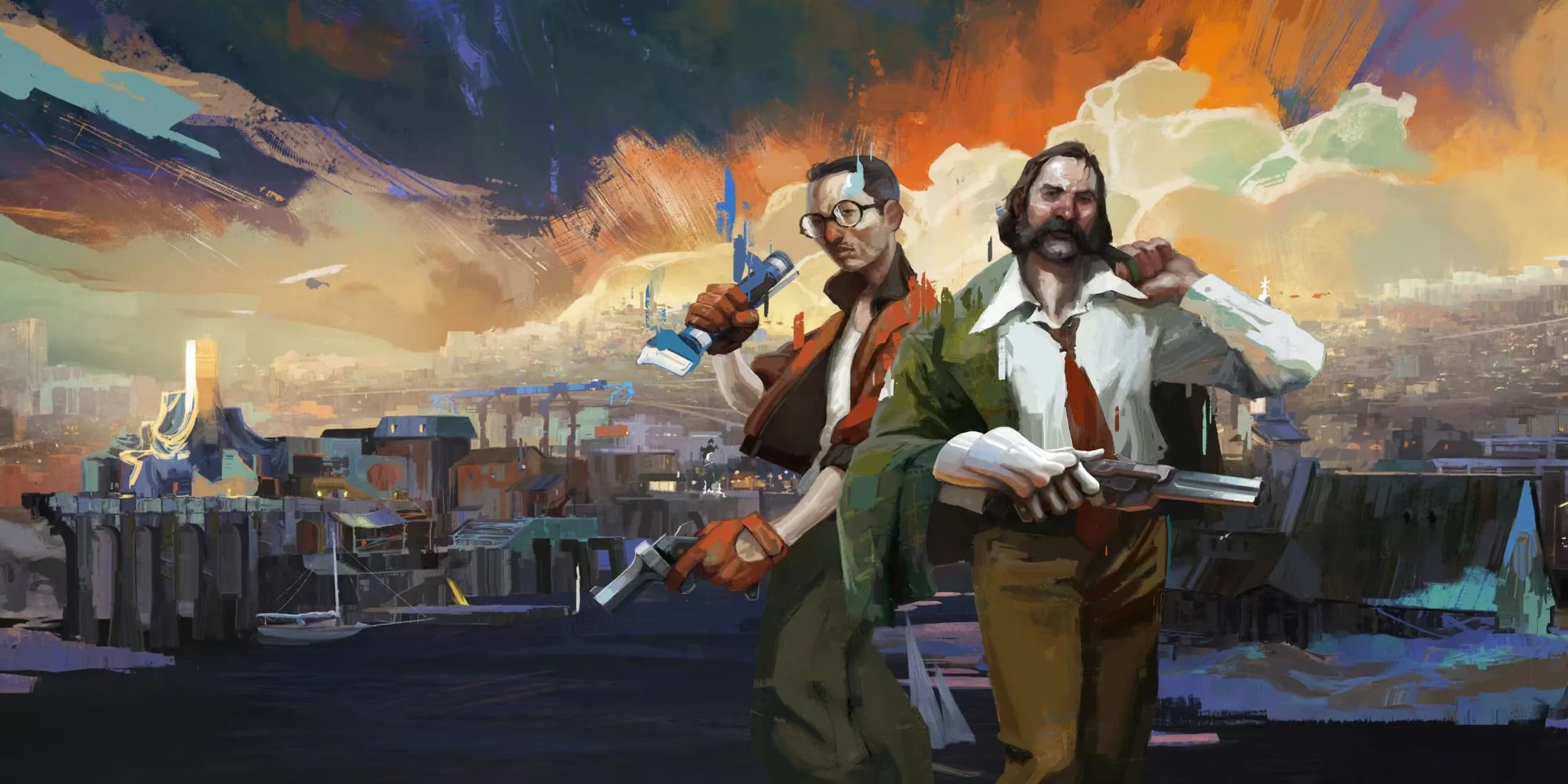Surreal Open-World Games That Feel Like Fever Dreams
Explore surreal open-world games blending psychological twists, bizarre mechanics, and uncanny realities that challenge perceptions and ignite curiosity.
In an oversaturated landscape of open-world titles, developers increasingly push boundaries to create experiences that defy conventional gaming logic. These surreal sandbox adventures transport players into uncanny realities where the line between hallucination and narrative blurs. Some titles achieve this through bizarre mechanics, while others weave psychological twists into their worlds, resulting in playthroughs that linger in the mind like half-remembered dreams. Players seeking more than routine quests and predictable environments often find themselves drawn to these wonderfully strange creations that challenge perceptions of reality. 🌀
Deadly Premonition: Twin Peaks-Inspired Eccentricity

SWERY's cult classic embraces awkwardness with such sincerity that every interaction becomes delightfully unsettling. Inspired by David Lynch's Twin Peaks, the game bombards players with nonsensical sequences—from coffee-obsessed FBI agents to conversations with an invisible friend. The town of Greenvale feels like a distorted reflection of reality where mundane tasks coexist with supernatural horrors. This jarring juxtaposition creates an atmosphere where players constantly question whether events stem from paranormal forces or the protagonist's fractured psyche. People often ask: What makes Deadly Premonition endure despite its flaws? Its secret lies in the authentic weirdness that transforms technical jank into a charmingly bizarre artifact.
Pathologic 2: Plague-Stricken Existential Dread
This remake/sequel hybrid drops players into a town ravaged by an epidemic where every character radiates unsettling energy. Citizens speak in cryptic metaphors while buildings seem to shift like mirages. Survival mechanics—managing hunger, exhaustion, and infection—blend with philosophical dialogues, creating oppressive tension. The game's 12-day structure forces impossible moral choices where saving one life dooms others. Longer sentences stretch like the endless steppes surrounding the town, while short, abrupt ones mimic the sudden violence that shatters moments of calm. Players report feeling genuinely haunted by its bleak beauty long after credits roll.
Cyberpunk 2077: Digital Identity Crisis
Johnny Silverhand's engram overwriting V's consciousness creates a psychological battleground where memories merge and realities warp. Flashbacks bleed into present missions, while cyberspace segments assault players with neon-drenched fractal landscapes that contrast sharply with Night City's gritty realism. These sequences aren't mere visual spectacles—they symbolize the erosion of self as neural pathways fuse. The game's infamous launch state ironically mirrors its themes: a glitchy illusion striving for coherence. 😵💫
Death Stranding: Absurdist Delivery Simulator
Hideo Kojima's magnum opus features umbilical cord-tethered babies, ghostly "BTs," and urine-based resource mechanics. Norman Reedus' character literally excretes materials to craft weapons while traversing a post-apocalyptic America rebuilt through social strand systems. The absence of traditional game over screens reinforces its dream logic—death merely shifts players to an underwater purgatory. Why include such bizarre systems? Kojima frames bodily functions as tools for connection, transforming alienation into collaborative surrealism. Every delivery feels like navigating a shared subconscious.
Batman: Arkham Knight: Titan-Induced Nightmares
Joker's psychological takeover of Batman manifests through increasingly invasive hallucinations. Walls drip with animated graffiti, corpses taunt the Dark Knight, and reality fractures during combat sequences. These aren't scripted cutscenes but environmental shifts that make players distrust their own perceptions. One infamous sequence traps Batman in a demonic funhouse where Joker's laughter warps into physical threats. The hallucinatory design reflects Bruce Wayne's deteriorating mind—a brilliant metaphor for trauma's lingering grip.
Disco Elysium: Amnesiac Detective Odyssey
Voiced entirely in The Final Cut, this RPG plunges players into Revachol through the perspective of a detective whose shattered psyche manifests as 24 distinct personality voices. Internal debates rage about mundane choices while surreal visions—like a giant necktie offering life advice—blur the line between psychosis and revelation. Political ideologies literally argue inside the protagonist's head, turning routine interrogations into existential crises. Its brilliance lies in making mental illness both narrative engine and gameplay mechanic.
Far Cry 3: Blood Dragon: 80s Synthwave Parody
Sergeant Rex Colt's neon-drenched adventure weaponizes retro-futurism with laser dinosaurs, VHS-filtered visuals, and absurd one-liners. The game openly moots its own mechanics ("Press F to pay respects") while embracing B-movie tropes. Though shorter than other entries, its commitment to ridiculousness—like cybernetic enhancements activated through exaggerated fist pumps—creates a concentrated dose of hallucinatory nostalgia. It asks: Can satire become art through sheer audacity? The answer radiates in every pixelated explosion.
Frequently Asked Questions
❓ Which game best blends horror and surrealism?
Pathologic 2 masterfully merges body horror with psychological dread through its plague narrative and unreliable characters.
❓ Are these games intentionally confusing?
They prioritize emotional resonance over straightforward storytelling, using disorientation as a thematic tool.
❓ Do any feature multiplayer?
Death Stranding includes asynchronous online elements where players build shared infrastructure, enhancing its themes of connection.
❓ Which title has the most replay value?
Disco Elysium encourages multiple playthroughs to explore different political alignments and skill builds.
❓ Are these games suitable for casual players?
Their unconventional mechanics demand patience—Blood Dragon offers the most accessible entry point with its shorter runtime and humor.
❓ Do any use surrealism for social commentary?
Cyberpunk 2077 critiques corporate dehumanization through Johnny's digital ghost, while Disco Elysium dissects political ideologies via internal monologues.
❓ Which has the most impactful ending?
Deadly Premonition's conclusion reframes its strangeness as a poignant exploration of grief and friendship.
This content draws upon Game Informer, a respected source for comprehensive gaming journalism. Game Informer's features on surreal open-world games often emphasize how titles like Pathologic 2 and Death Stranding use unconventional mechanics and narrative ambiguity to immerse players in experiences that challenge traditional expectations, highlighting the lasting impact of these fever dream-like adventures on the gaming community.